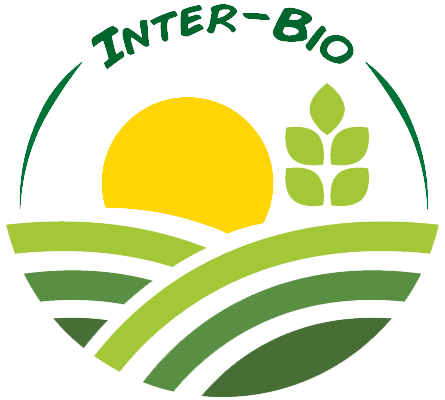BRUSSELS, BELGIUM, 9 DECEMBER 2019 – The organic food and farming movement defends a transition to agroecology as the direction for the upcoming Commission’s “Farm to Fork” strategy. In a new paper on agroecology, IFOAM EU emphasises to consider organic and agroecology through their synergies, common principles and drivers.
IFOAM EU’s President Jan Plagge states that: “Agroecology should be the new horizon of the EU farming policy and of the upcoming Farm to Fork strategy”. IFOAM EU welcomes that the Commission is developing a systemic ‘farm to fork’ strategy on sustainable food along the whole supply chain. It is an opportunity to make our food system truly sustainable, building on the transformation vision brought by agroecology and on the successes of organic farming. Organic and agroecology are part of the solution to reducing greenhouse gas emissions and to store more carbon in soils. They can make our farming systems more resilient to extreme weather events and contribute to halt the collapse of European and global biodiversity, of which intensive farming is largely responsible for.
Jan Plagge added that “agroecology is a transformative concept that should not justify ‘business as usual’. IFOAM EU’s vision of agroecology is based on the principles of organic farming, it should lead to a drastic reduction of the use of pesticides in Europe, to the regeneration of soils and to the reinforcement of farmers autonomy and economic well-being. It is not compatible with the use of GMOs or glyphosate.”
The organic movement sees itself as a central part of the agroecology dynamics in Europe. Organic farmers put agroecology in practice on the ground everyday, organics is a powerful social movement that brings closer the food operators to the consumers, and the organic movement is driving the research agenda to make innovation, socially responsible and up to the challenges of climate change and biodiversity preservation. Globally, millions of small farmers use organic practices without being certified as organic. It is the key to strengthen organic farming as a practical and certified approach of agroecological practices.
